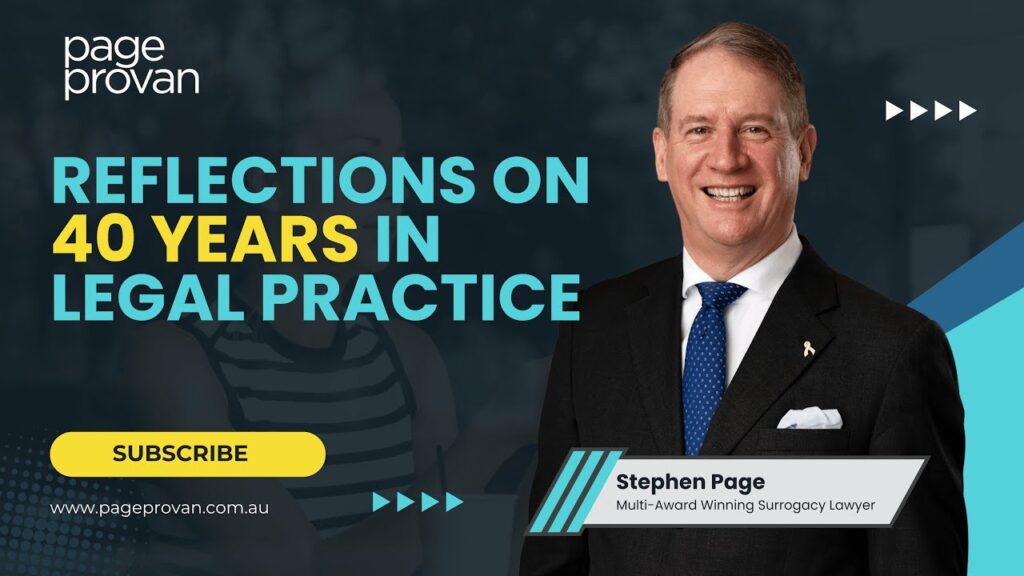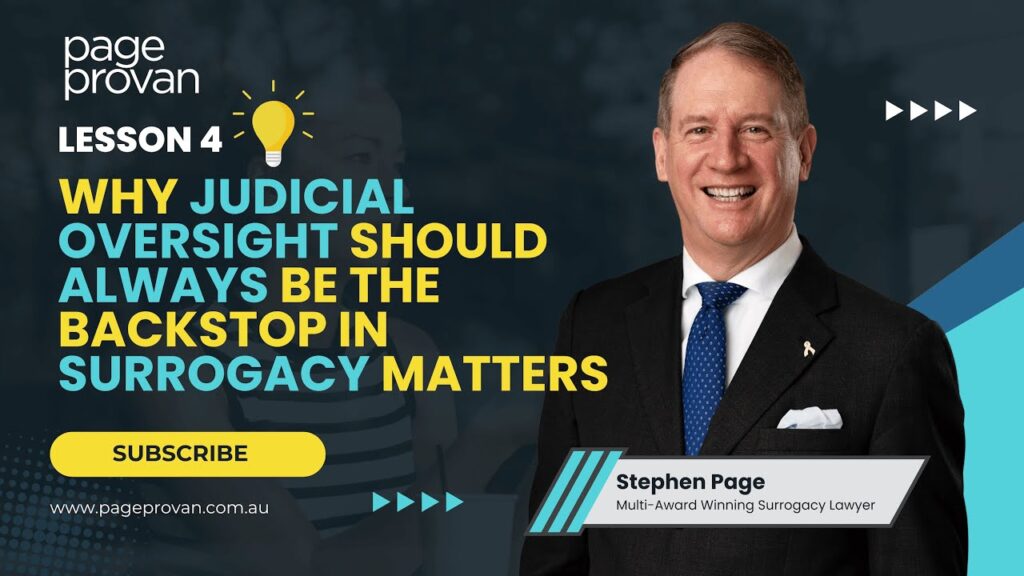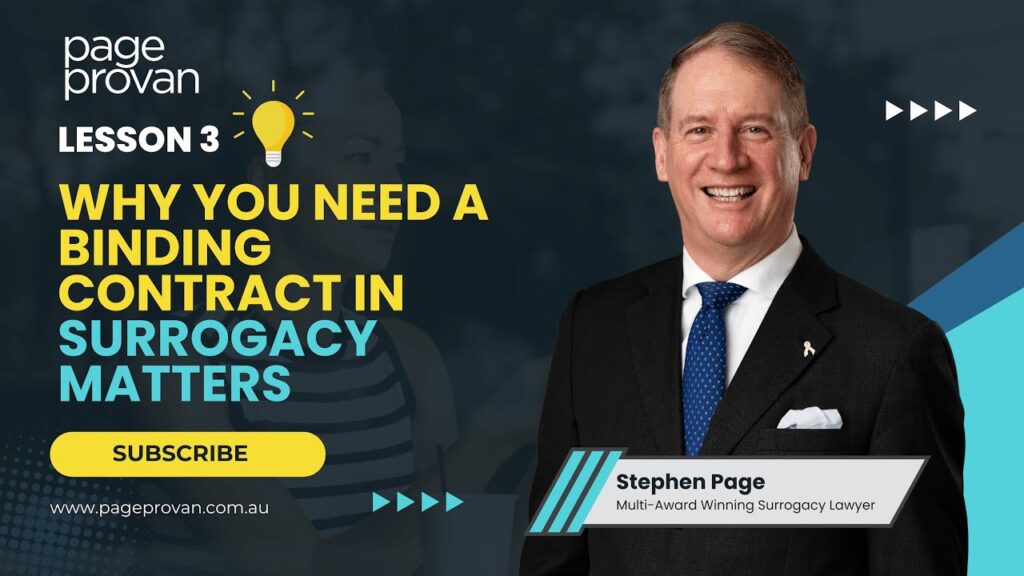Mortgagee’s Rights Upheld
There is often a tension between the rights of the spouse and the rights of third party creditors. Insolvency firm Worrells in their latest newsletter report on a recnet case:
The question of an unregistered interest in land created by an alleged constructive trust was recently considered in Victoria. A mortgagee took possession of land under a written mortgage that was registered at the Victorian Land Titles Office. The mortgagor – the registered proprietor of the land – defaulted under the mortgage and the mortgagee took possession of the land.
The wife of the mortgagor lodged a caveat over the property claiming an interest in the land under a constructive trust. She asserted an arrangement between her then husband – the registered proprietor – and a company that gave her a beneficiary interest in the land. She also claimed that her interest was known to the mortgagee through an agent of the mortgagee. The mortgagee sought an order for the removal of the wife’s caveat.
The court found that the “indefeasibility” provisions of the Transfer of Land Act applied. Simplistically the Act dictates that no instrument shall create, vary, extinguish or transfer any estate or interest in or over land until registered. It also dictates that a certificate issued by the Registrar of Titles shall be conclusive evidence of the proprietor or any estate or interest in the land. Notwithstanding the existence of any estate or interest – the registered proprietor shall hold the land subject only to recorded encumbrances or interests.
The court held that, even if the wife’s case was proved, she would not get any advantage over the mortgagee. The effect of the Transfer of Land Act is that no person proposing to deal with the registered proprietor of any land shall be required to inquire into interests not recorded on the title. The Act also provides that no person dealing with the registered proprietor shall be affected by notice, actual or constructive, of any trust or unregistered interest.
The only real fact alleged by the wife was the alleged knowledge of the mortgagee through their agent. The court saw no option but to hold that the interest of the registered mortgagee must prevail over any unregistered interest which the wife might have in the land. In essence, the court found that, even if there was a constructive trust, it would not alter the rights of the mortgagee. The wife’s caveat was removed.
Source:












